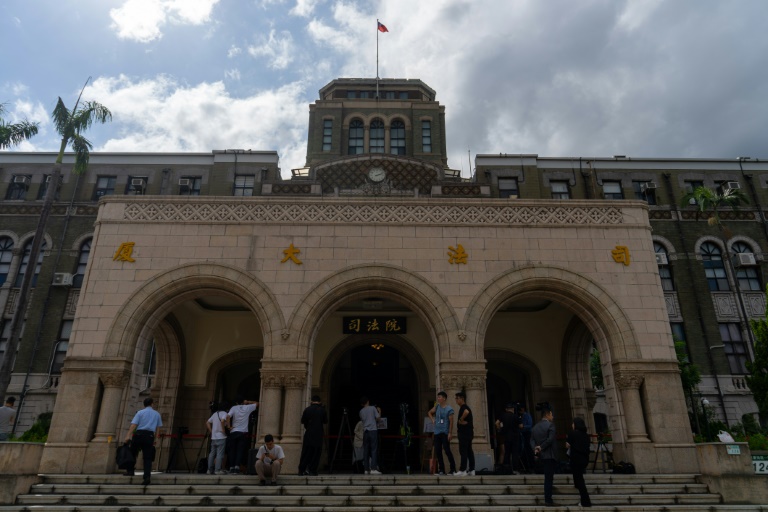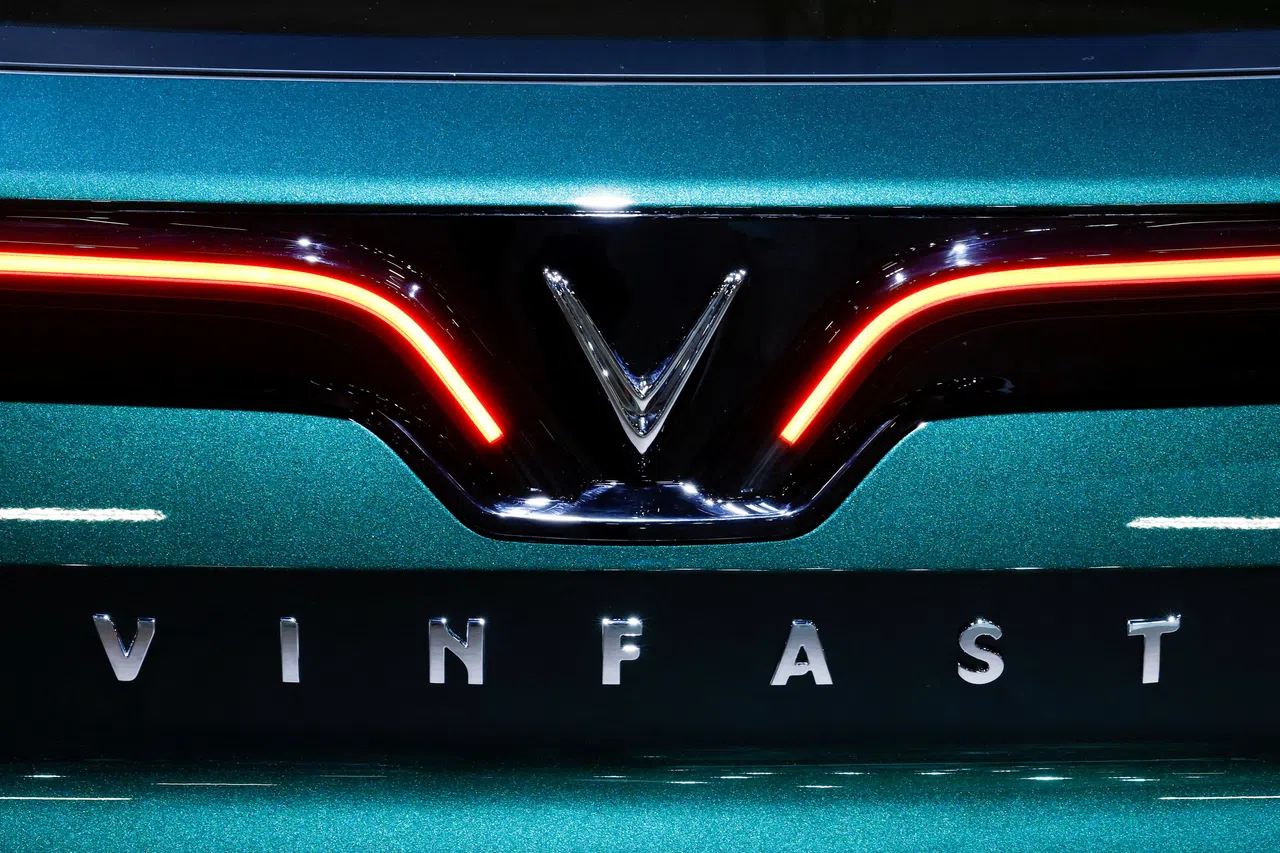Europe’s car industry is struggling to cope with a falling demand for EVs, with deliveries across the region decreasing 36% in August
GERMAN Economy Minister Robert Habeck floated the idea of additional support for the country’s carmakers, and will discuss ways to address the challenges facing the embattled sector in upcoming talks with executives in Berlin.
Speaking during a visit on Friday (Sep 20) to a Volkswagen electric-vehicle (EV) plant in north-western Germany, Habeck said that while car manufacturers must take some of the blame for their current woes, he feels “an obligation to do something to get the market going again”.
“A large part of the tasks must be solved by Volkswagen itself, some of which are legacy issues from the past, and cost structures need to be reviewed,” Habeck said subsequently at Volkswagen’s Emden facility, which is near the Dutch border.
“What politicians have to examine is whether we can set the right market signals and strengthen them,” he added. Asked whether the government would provide more aid for carmakers, he responded: “It remains to be seen what further talks will bring.”
Europe’s car industry has been struggling to cope with a drop in demand for EVs, after governments including Germany scaled back financial incentives that had made the relatively expensive cars more affordable.
EV deliveries in Germany – the region’s biggest car market – fell 69 per cent in August, fuelling a 36 per cent drop across the region, the European Automobile Manufacturers’ Association said on Thursday.
Negative news for Germany’s storied carmakers has continued. Mercedes-Benz chief executive officer Ola Kallenius pledged on Friday that he will do whatever it takes to bolster returns after the luxury-car maker gave a profit warning due to sluggish sales in China.
Volkswagen, the continent’s biggest automaker, is poised to close domestic factories in Germany for the first time due to lagging demand, while Munich–based BMW cut its full-year earnings guidance, partly citing slow EV sales. BLOOMBERG







